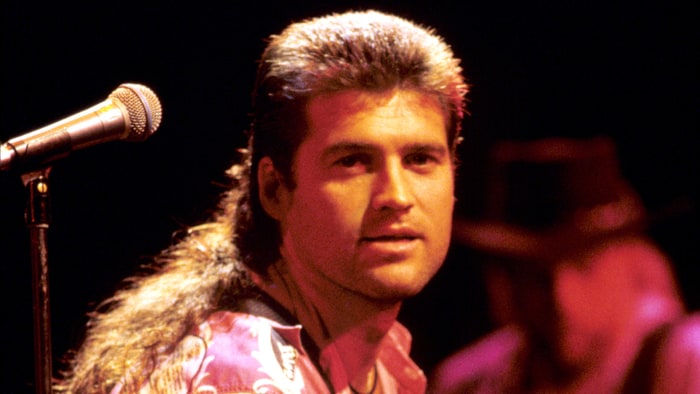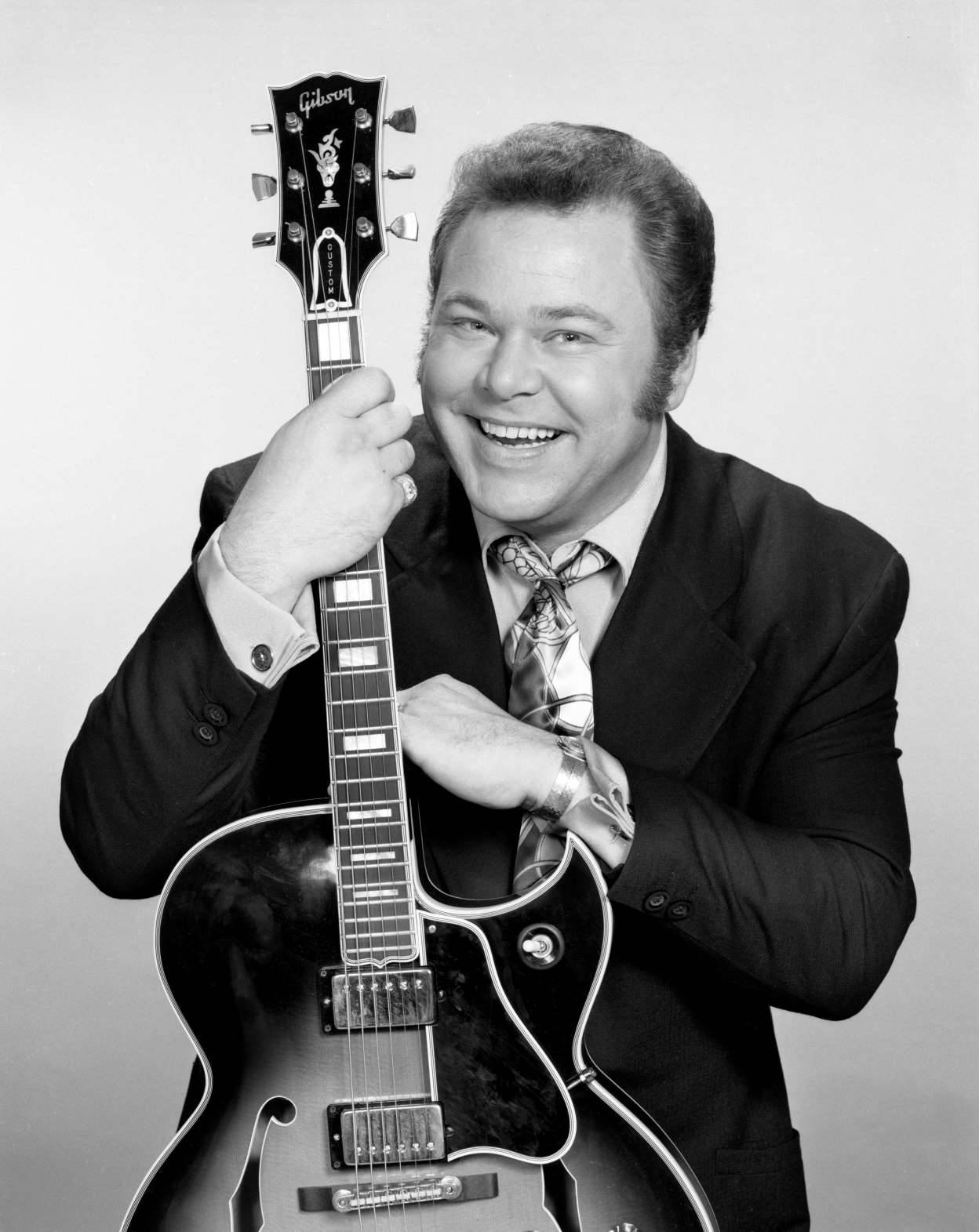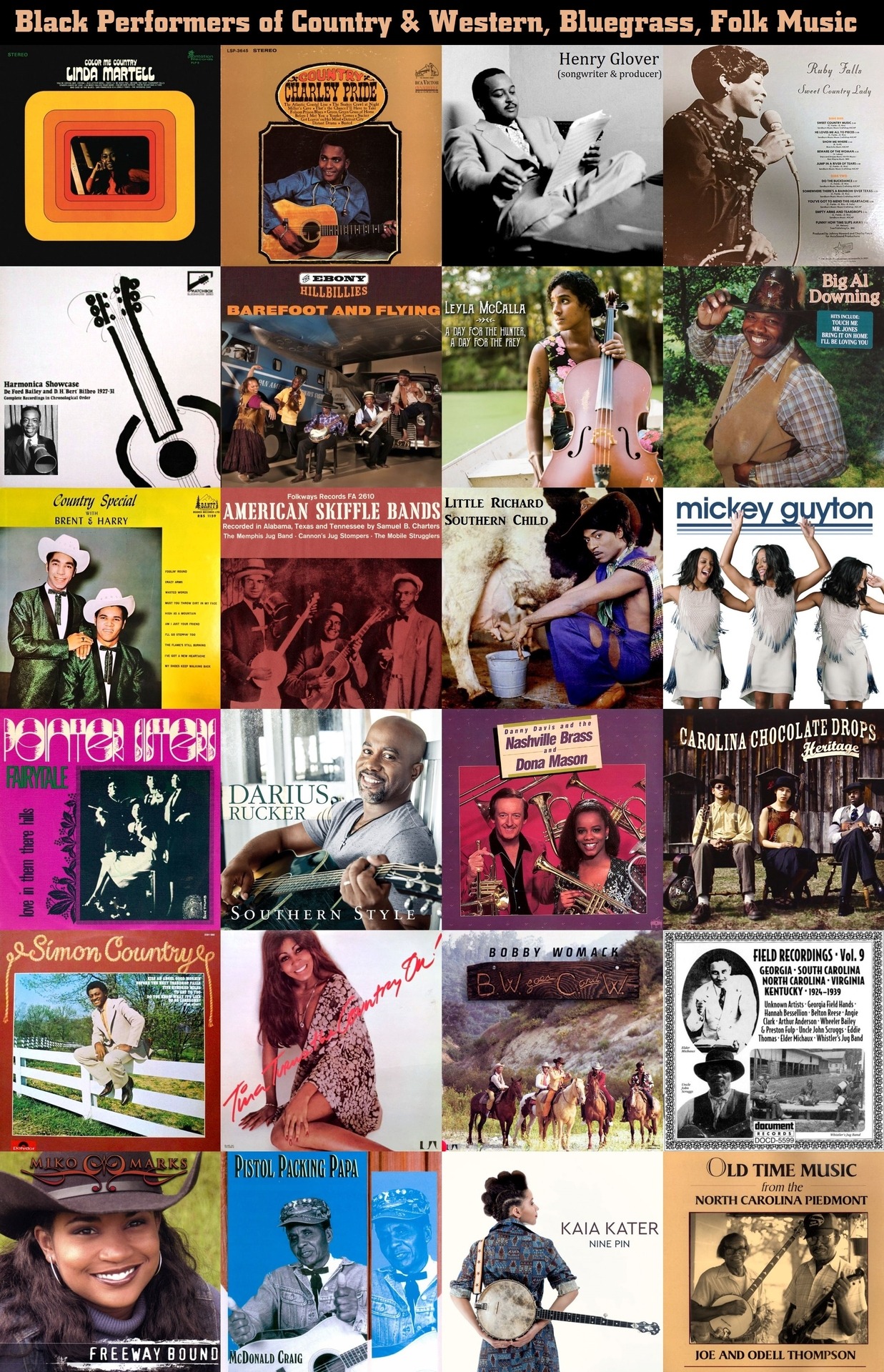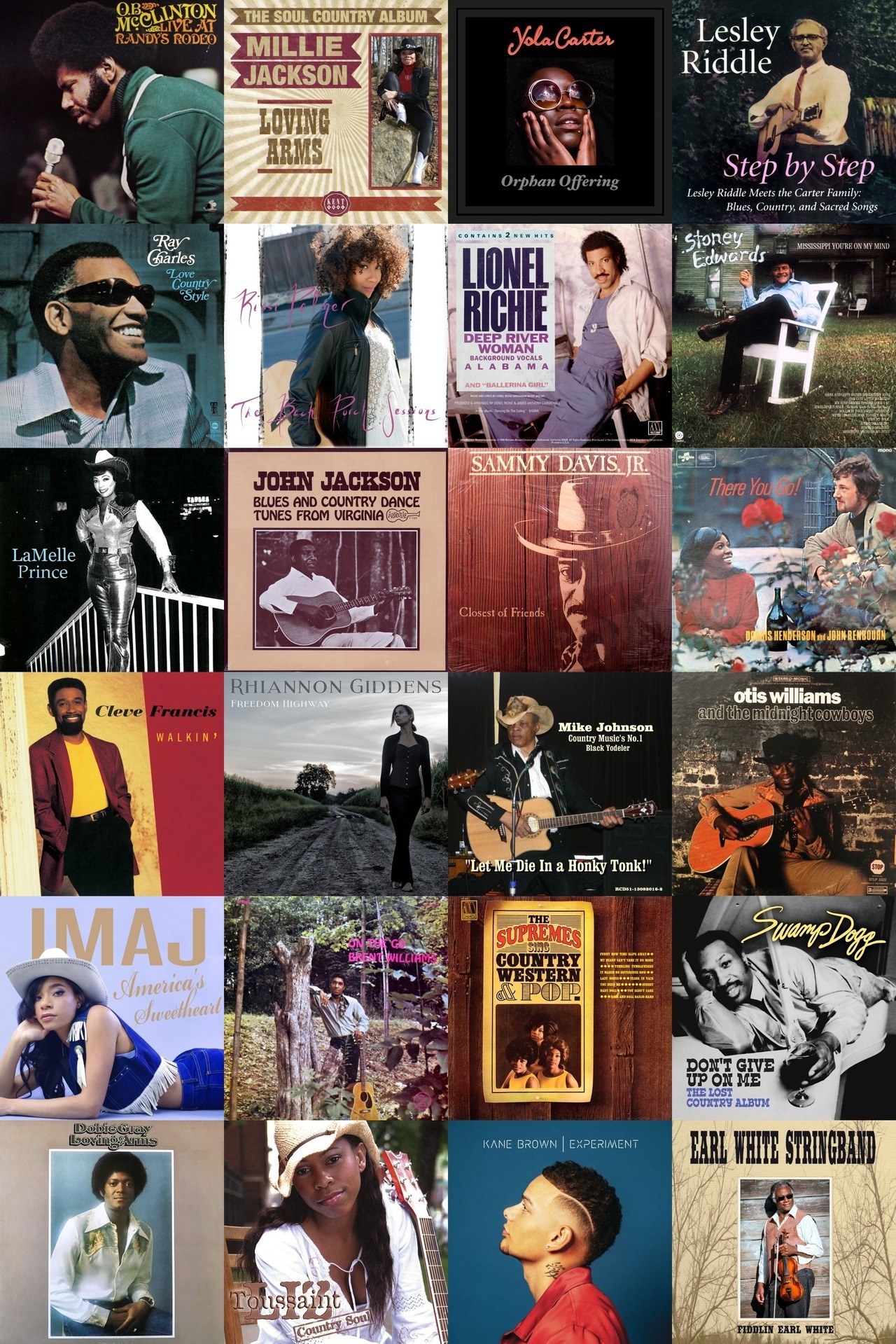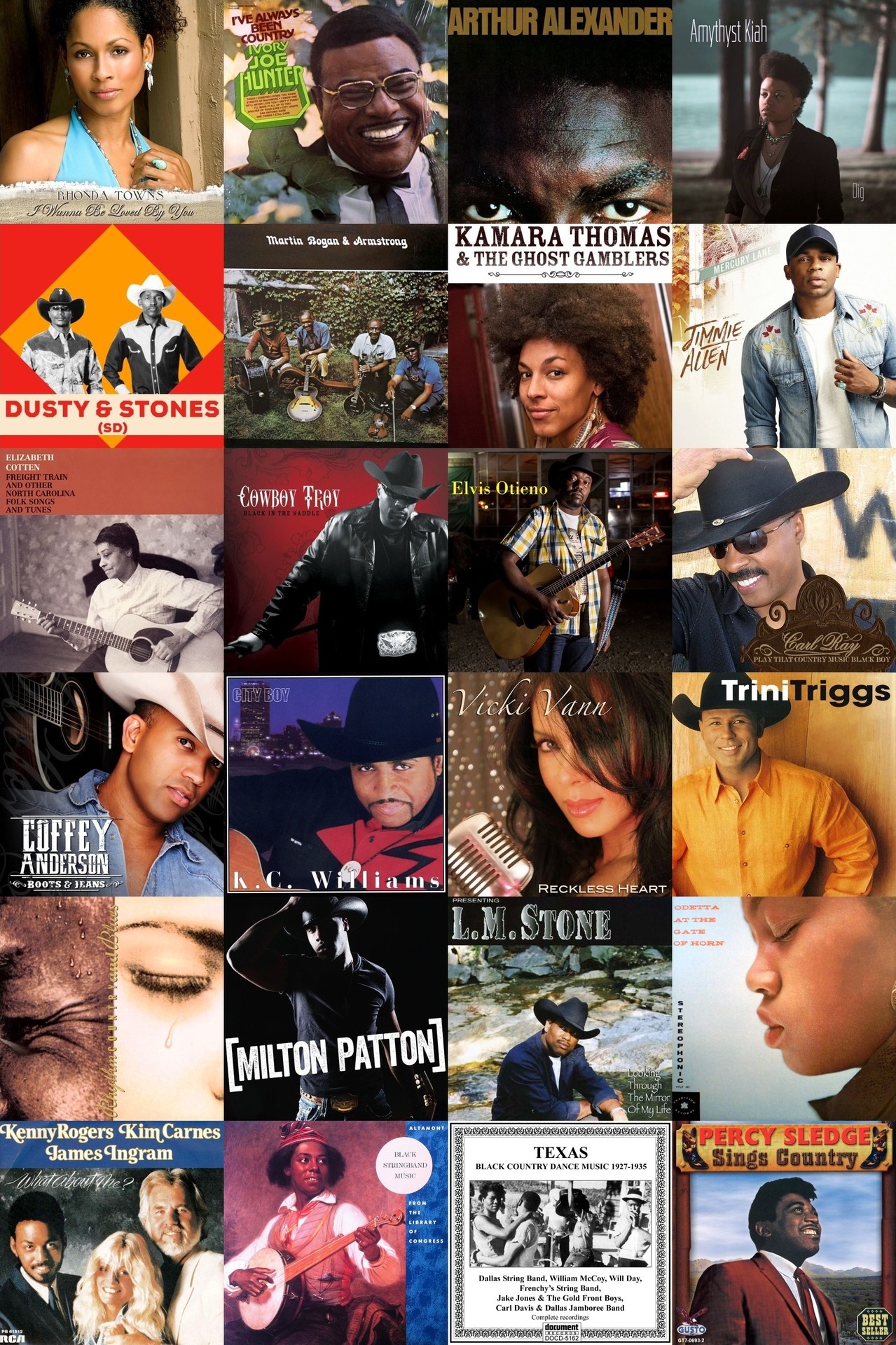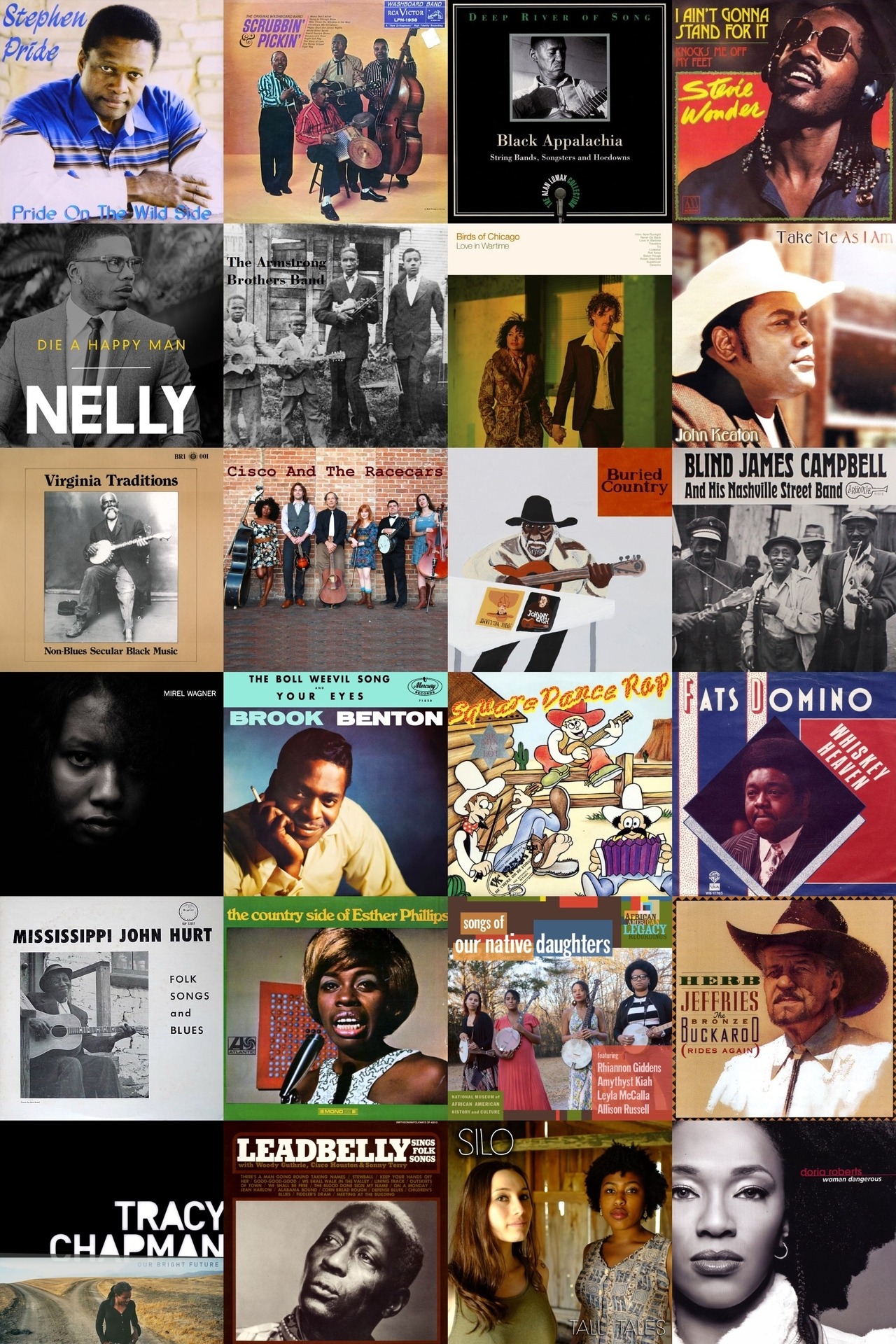by Chris Morris | March 20, 2020 |
Variety
Vocalist
Kenny Rogers, who dominated the pop and country charts in the 1970s and 1980s with a string of sleekly tailored hits and won three Grammys, has died. He was 81. Rogers “passed away peacefully at home from natural causes under the care of hospice and surrounded by his family,” a representative for the singer said in a statement. Due to the national COVID-19 emergency, the family is planning a small private service at this time with a public memorial planned for a later date.
Rogers had announced a farewell tour in 2015 and was able to keep it going through December 2017. In April 2018, shortly before he was to spend a few months finishing out the tour after a break, he announced that he was having to call off the remaining dates (including a planned appearance at the Stagecoach Festival in California), due to unspecified “health challenges.” “I didn’t want to take forever to retire,” Rogers said his April 2018 statement. “I’ve thoroughly enjoyed this opportunity to say farewell to the fans over the course of the past two years on ‘
The Gambler’s Last Deal’ tour. I could never properly thank them for the encouragement and support they’ve given me throughout my career and the happiness I’ve experienced as a result of that.”
A special, “Biography:
Kenny Rogers,” had been announced by A&E earlier this month, set to air April 13. The special is said to be largely built around footage from the all-star salute Rogers received in Nashville on Oct. 25, 2017, just a couple of months before his final concert appearances. Among the guests who joined him for that sentimental sendoff at the Bridgestone Arena were
Dolly Parton,
Lionel Richie, Don Henley, Kris Kristofferson,
Alison Krauss, Chris Stapleton, Little Big Town, Reba McEntire, the Flaming Lips and the Judds.
Rogers’ signature song “
The Gambler” was added to the Library of Congress’
National Recording Registry in 2018. It was the most recent of a lifetime of honors bestowed on the singer, which included induction into the Country Music Hall of Fame, three Grammys and six CMA Awards.
Rogers was one of the progenitors of country-pop crossover at the superstar level. “I came into country music not trying to change country music but trying to survive,” he said in a 2016 interview with
CMT.com. “And so I did songs that were not country but were more pop. Nowadays they’re not doing country songs at all. What they’re doing is creating their own genre of country music. But I told somebody the other day, country music is what country people will buy. If the country audience doesn’t buy it, they’ll kick it out. And if they do, then it becomes country music. It’s just era of country music we’re in.”
After establishing himself commercially via rock- and pop-oriented singles with his group the First Edition, the bearded, prematurely gray Rogers was launched into the top rank of crossover country artists with a string of singles for United Artists Records.
His appealing, sometimes gritty voice propelled 20 solo 45s to No. 1 on the country charts from 1977-87. Two of them, his 1980 reading of
Lionel Richie’s “Lady” and his 1983 collaboration with
Dolly Parton “Islands in the Stream” (penned by the Bee Gees), also topped the pop lists. He worked profitably with a number of other female vocalists, including Dottie West, Sheena Easton, Kim Carnes and Anne Murray.
Country historian Bill C. Malone noted that Rogers’ ingratiating style “has been the chief source of his immense success. Rogers is a consummate storyteller, with an intimate and compelling style that almost demands the listener’s concentration. When his husky tenor voice slips down into a raspy, gravelly register, as it sometimes does, Rogers pulls the listener even further into his confidence.”
Rogers parlayed his music success into a successful side career as an actor. His 1978 country chart-topper “The Gambler” spawned five popular TV movies, while some of his other hits also inspired small-screen features.
Rogers was inducted into the Country Music Hall of Fame in 2013 and received a Lifetime Achievement Award from the Country Music Association the same year.
Born and raised in Houston, he was the fourth of eight children in a poor family. He took to the guitar as an adolescent, and would sometimes perform with another aspiring local musician and future star, Mickey Gilley.
His early professional career was stylistically eclectic. While in high school, he formed a vocal group, the Scholars, which recorded for Carlton Records, a local label. After a brief stint at the University of Houston, he played bass with the jazz groups of Bobby Doyle and Kirby Stone.
After moving to Los Angeles in 1966, he joined the folk-pop unit the New Christy Minstrels, a group that also numbered such performers as Carnes, the Byrds’ Gene Clark, “Eve of Destruction” vocalist Barry McGuire and the Lovin’ Spoonful’s Jerry Yester among its members at one time or another.
With fellow Minstrels Mike Settle, Terry Williams and Thelma Camacho, Rogers founded the rock-leaning group the First Edition in 1967. Fronted by Rogers (whose name would be appended to the act’s moniker in 1969), the group notched two top 10 pop hits: “Just Dropped In (To See What Condition My Condition Was In)” (No. 5, 1968), a version of Mickey Newbury’s slice of pop psychedelia, and “Ruby, Don’t Take Your Love to Town” (No. 6, 1969), Mel Tillis’ downbeat song about the faithless wife of a handicapped Vietnam vet.
The First Edition’s fortunes began to wane in the early ’70s, and Rogers signed a solo deal with UA in 1976. He struck almost immediate pay dirt with “Lucille,” an absorbing vignette about a barroom encounter with a disillusioned woman and her estranged husband. The number became Rogers’ first No. 1 country hit and reached No. 5 on the national pop chart. It also scored Rogers his first Grammy, for best male country vocal performance.
Rogers also partnered with longtime female star West, and the duo racked up three No. 1 country singles for UA and then Liberty in 1978-81: “Every Time Two Fools Collide,” “All I Ever Need Is You” and “What Are We Doin’ in Love.”
He notched five more No. 1 solo country singles by the end of the decade. The biggest of these were the Grammy-winning “The Gambler” (also No. 16 pop in 1978) and the backwoods narrative “Coward of the County” (also No. 3 pop in 1979). They pushed the albums “The Gambler” and “Kenny” to No. 12 and No. 5, respectively, on the pop album charts. Each inspired a popular TV movie; Rogers would portray Brady Hawkes, protagonist of “The Gambler,” in a series of telepics that ran through 1994.
On the heels of a No. 1 greatest hits set in 1980, Rogers’ hits of the decade for Liberty and RCA found him moving increasingly into pop terrain and focusing on romantic balladry. “Lady” and “Islands in the Stream” (the latter one of many duets with frequent partner Parton) solidified his standing as country’s biggest crossover attraction; his rendering of Bob Seger’s “We’ve Got Tonight” with Sheena Easton ruled the country chart and rose to No. 6 on the pop chart. In all, he recorded 23 top 10 country hits during the decade, five of which crossed to the pop side.
Though it failed to even dent the pop charts, “Make No Mistake, She’s Mine,” Rogers’ duet with singer-pianist Ronnie Milsap (and a remake of a duet by former bandmate Kim Carnes and Barbra Streisand) became Rogers’ next-to-last No. 1 country single in 1987. It also reaped a Grammy for best country vocal duet performance.
Like many another star of his era, Rogers began to fall out of fashion in the ’90s, as a younger generation of country musicians flexing a less countrypolitan style supplanted him. He made his last toplining appearance in a pair of telepics as reformed gambler Jack MacShayne in 1994. In 1999, he notched a final No. 1 country hit, “Buy Me a Rose,” with Billy Dean and
Alison Krauss.
In the new millennium, sporadic releases on a number of independent labels and majors Capitol Nashville and Warner Bros. Nashville performed respectably on the country album charts but produced no major hits.
From the ’90s forward, as he maintained a busy touring schedule, Rogers increasingly turned his attention to various entrepreneurial enterprises, opening a chain of fast-food chicken outlets, Kenny Rogers Roasters, and a Sprint car manufacturing firm, Gamblers Chassis.
He issued a memoir, “Luck or Something Like It,” in 2012, and a novel, “What Are the Chances,” in 2013. That same year, he was the recipient of the CMA Willie Nelson Lifetime Achievement Award. He received a similar honor from CMT with its Artist of a Lifetime Award in 2015.
Always active on the road, Rogers announced his retirement in September 2015, not long after a widely aired commercial for Geico insurance saw him reprising “The Gambler” for comedic effect.
At the Oct. 25, 2017 tribute concert in Nashville, Rogers joined in jocular exchanges with some of the homage-payers, notably Parton, who quipped, “I want to see what condition your condition’s really in.” They reprised their recorded duets of “You Can’t Make Old Friends” and “Islands In the Stream,” and Parton additionally sang him her own signature song, “I Will Always Love You.”
Footage of the 2017 concert was filmed by Blackbird Productions but went unseen until it was set for inclusion in the A&E “Biography” special airing in April.
“I hope my fans understand that I’m a father first and a singer second,” Rogers said about his planned retirement from touring, in a 2016 interview with CMT.com, mentioning at that time that he had 11-year-old twin boys with his wife, Wanda Miller.. “As it turns out, I’m missing some very great parts of my boys’ lives. I know as well as anybody else how that time gets away from you. And I don’t want to miss it. I just worry about how much longer I’m going to be here, and I want to have time to spend with them. It’s pretty simple.”
Married five times, Rogers is survived by his last wife Wanda and five children.

